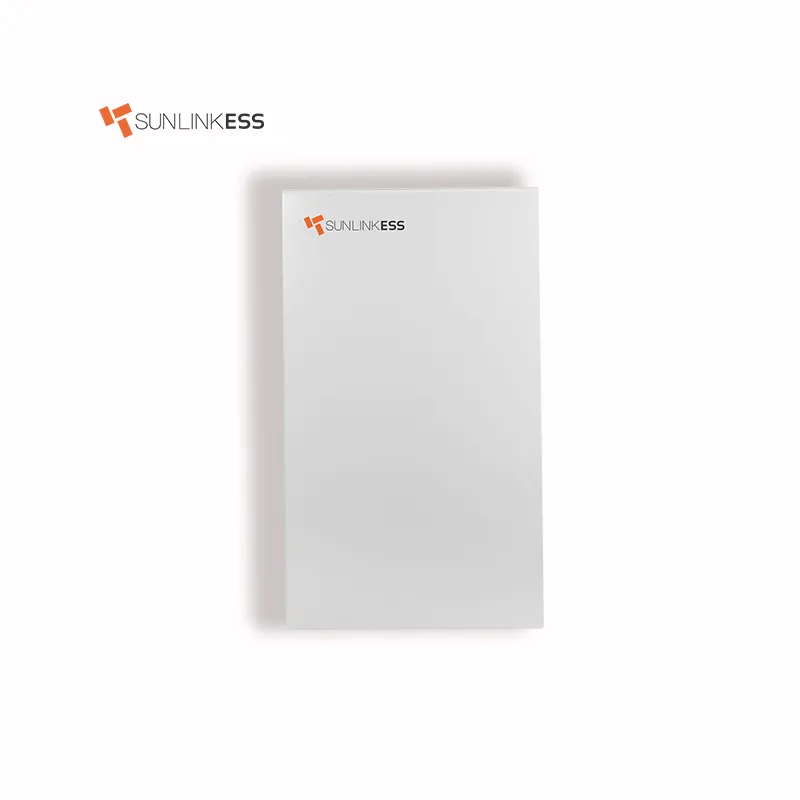The Evolution and Advantages of Lithium Batteries
2024-07-31
Introduction
In the realm of modern technology, lithium batteries have become an essential component, powering everything from smartphones to electric vehicles. Their development over the past few decades has revolutionized how we store and use energy. In this blog, we'll delve into the history, evolution, and advantages of lithium batteries.

History and Evolution
The journey of lithium batteries began in the 1970s with the discovery of lithium's potential as a power source. The first commercial lithium battery was introduced by Sony in 1991. This breakthrough was significant, marking the beginning of a new era in energy storage.
Early lithium batteries used metallic lithium as the anode, which posed safety risks due to lithium's reactivity. This led to the development of lithium-ion batteries, which replaced metallic lithium with lithium compounds. This innovation improved safety and efficiency, paving the way for widespread adoption.
Types of Lithium Batteries
There are several types of lithium batteries, each with its unique properties and applications:
1. Lithium-ion (Li-ion): The most common type, found in consumer electronics, electric vehicles, and renewable energy storage. They offer high energy density and long cycle life.
2. Lithium Polymer (LiPo): These batteries are lightweight and can be molded into various shapes, making them ideal for portable electronics and drones.
3. Lithium Iron Phosphate (LiFePO4): Known for their safety and stability, these batteries are often used in electric vehicles and energy storage systems.
Advantages of Lithium Batteries
1. High Energy Density: Lithium batteries can store a significant amount of energy in a compact size, making them ideal for portable devices and electric vehicles.
2. Long Lifespan: Compared to other battery types, lithium batteries have a longer lifespan, which means fewer replacements and lower long-term costs.
3. Fast Charging: Advances in lithium battery technology have led to faster charging times, which is crucial for applications like electric vehicles and consumer electronics.
4. Lightweight: Lithium batteries are lighter than traditional batteries, reducing the overall weight of devices and vehicles, improving efficiency and performance.
5. Low Self-discharge Rate: Lithium batteries have a low self-discharge rate, meaning they retain their charge for longer periods when not in use.
Environmental Impact
While lithium batteries have numerous advantages, their production and disposal pose environmental challenges. Mining lithium can have significant ecological impacts, and improper disposal of used batteries can lead to environmental contamination. However, efforts are being made to improve recycling processes and develop more sustainable mining practices.
Conclusion
Lithium batteries have transformed the way we power our devices, offering unparalleled energy density, efficiency, and longevity. As technology continues to advance, we can expect further improvements in battery performance and sustainability, driving innovation in numerous industries. Whether it's powering our smartphones or driving the electric vehicles of the future, lithium batteries are at the forefront of the energy revolution.


